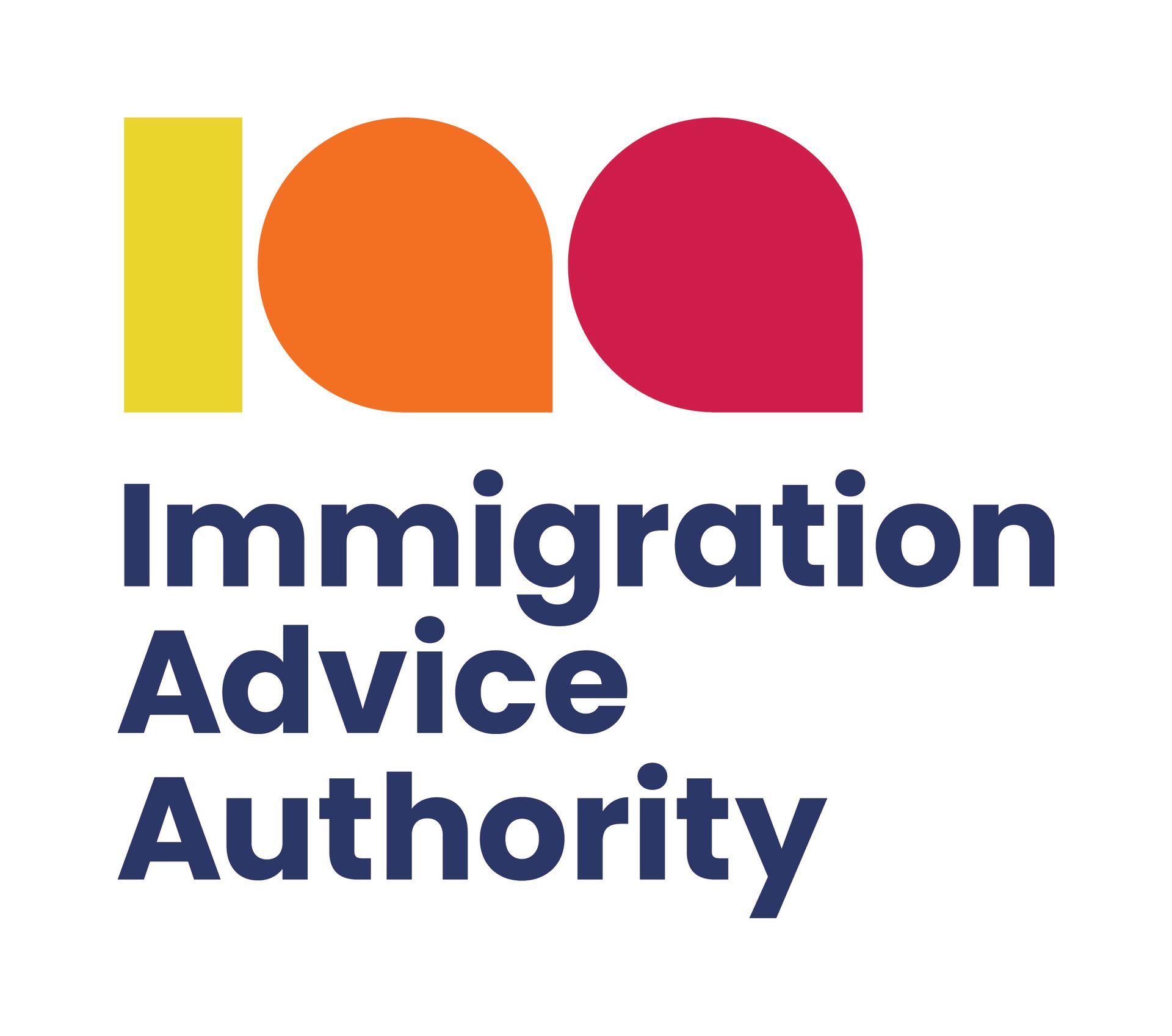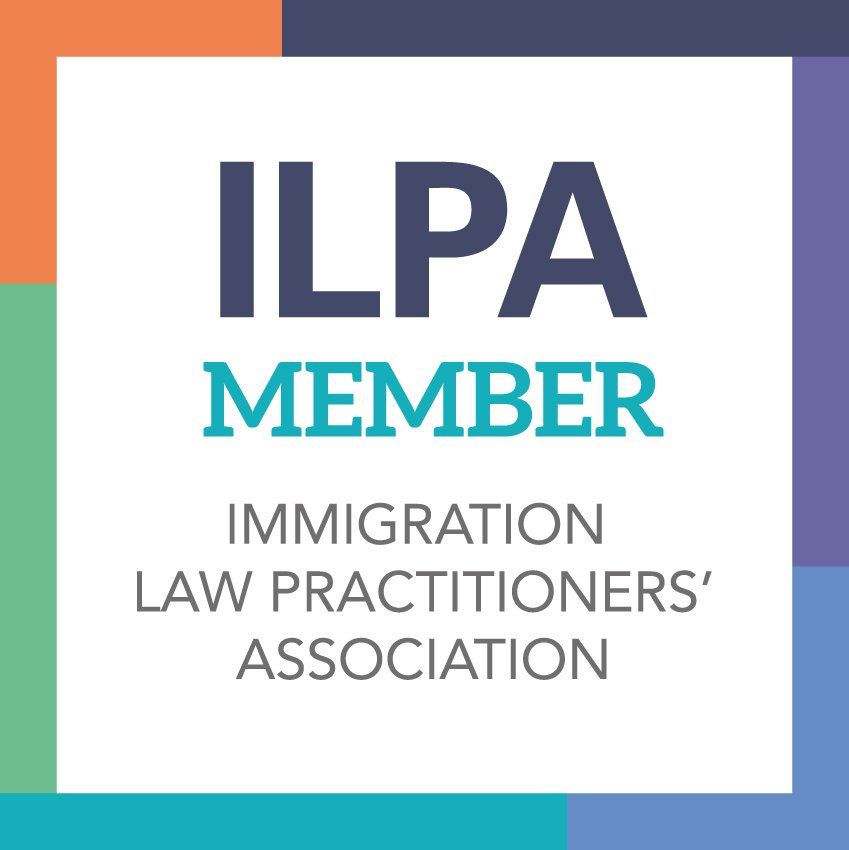Sponsor Licence Auditing
If your organisation sponsors overseas nationals (workers or students), it is ma mandatory to comply to the Home Office 5 key areas
Failure to comply with your sponsor licence duties, employers licence can be B-Rated, Suspended and Revoked
For training institutes the Home Office has a slightly different approach as they look at Track 1, Track 2, Action Plan and Revoked
Our auditing service is 100% confidential, we evaluate your HR processes by agreeing a convenient time to meet you once you have completed our pre-visit assessment
From every audit, we will provide you a report on any issues under 'Amber' (compliance improvements) or 'Red' (non-compliance)
If you are caught engaging illegal overseas nationals, you could face 5 years in prison and unlimited fines -
Why take the risk?
The 6 tabs below will help explain the core areas to help you understand the importance of compliance when employing people
Understanding An Audit
What is the purpose of having an audit and what you could lose from it?
- Advertising job vacancies in compliance to the Equality Act 2010
- Home Office Resident Labour Market Test
- GDPR (Personal Data)
- Recording of data whilst employed and termination of the worker
- Employment versus B2B contracting
Home Office
How will the Home Office carry out a site visit and whywould they do this?
- Unannounced site visit
- Announced site visit.
- Applied for a sponsor licence
- Hold a sponsor licence to engage workers or students.
- Applied for a sponsor licence and before they can make a decision, they need to visit the organisation's premises and verify if they are compliant to the 5 key areas.
- Currently have a sponsor licence and the Home Office:
- want to carry out a random sponsor licence check or
- suspects Sponsorship Management System non-compliance
- suspects illegal working.
- Area 1: Monitoring immigration status and preventing illegal employment
- Area 2: Maintaining Worker contact details
- Area 3: Record keeping
- Area 4: Worker tracking and monitoring
- Area 5: General HR duties
- Fully comply
- Partially comply
- Do not comply.
- Interview the Authorising Officer, Level 1 User(s) and possibly other employees responsible for hiring Tier workers or students
- Interview Tier workers and students
- Look at the above 5 key areas if in place and adequate
- Check any RLMT when employing Tier workers
- Verify Certificate of Sponsorship and the actual jobs are genuine
- Ask questions about using the Sponsorship Management System
- Ask questions about the organisation sponsor responsibilities, do they know what to do
- B-Rated if you partially fail (Tier 2 and 5 only)
- Action Plan if Tier 4
- Suspended sponsor licence (Tier 2, 4 and 5) with intentions to revoke sponsor licence.
Compliance Audits
What does the Home Office look for in an organisation compliance audit?
Recruitment Guidance
What are the areas of employing people an organisation should consider?
- Job Advertisement
- Invitation
- Interviewing
- Right to Work
- Shortlisting
- Verification
- Contract
- Documentation
- Tracking
- Termination
- Age | Race | Sex | Disability | Pregnancy | Maternity | Religion or Belief
- Recent Graduate
| High Experienced*
| Bar Maid
| Handyman
| Advertise to a specific group
- Valid visa and leave still remaining
- Visa permits work with the new organisation without Home Office permission
- If Home Office permission is permitted, can the applicant visa permit UK switching.
- If the applicant is in the UK and cannot switch whilst in the UK or change employers from their Tier to the same Tier for another organisation, they must leave the UK to apply for an entry visa.
- Write the applicant's full name as shown in the travel ID
- Add the days date
- Add the organisation person job title
- Sign the photocopy and state you have seen the original.
- Compiled a list of every applicant that applied to the job vacancy?
- Logged all CVs, covering letters and applicant other evidence?
- Added notes as to who was shortlisted and not shortlisted?
- CV
- References
- Qualifications
- Immigration status
- Licences
- Accreditations
- Interview notes
- Other evidence to demonstrate ability to do the job.
- Employment related documents that are listed above under section Contract.
- Name
- Address
- Date of birth
- Gender
- Education
- Qualifications
- Work Experience
- National Insurance Number
- Tax Code
- Details of any known disability
- Emergency contact details
- Employment history with the organisation
- Employment terms and conditions (e.g. pay, hours of work, holidays, benefits, absence)
- Any accidents connected with work
- Any training taken
- Any disciplinary action.
- What records are kept and how they’re used
- The confidentiality of the records
- How these records can help with their training and development at work
- If an employee asks to find out what data is kept on them; the organisation has 40 days to provide a copy of the information.
- Travel IDs
- Visa (Biometric Resident Permit unless non-EEA national has other Home Office approval status)
- UKVI CoSs
- DBS Licence
- ACS Licence
- BBA Licence
- CITB Licences
- CAA Licence
- CSCS Cards
- CSR Cards
- DVLA Licensing
- ECS Cards
- EUSR Cards
- GMC Licence
- GSR Licensing
- Health & Safety
- JJB Cards
- IPAL PAL Cards
- LANTRA Cards
- NMC pin
- Mandatory Training
- MPQC Cards
- SCORE Cards
- Sentinel Cards
- SIA Badge to name a few.
- Dismissed
- Resigned
- Made redundant
- Retired
- Fair dismissal
- Unfair dismissal
- Constructive dismissal
- Wrongful dismissal.
- get them to confirm their resignation in writing
- tell them what their notice period is
- agree when their last day at work will be
- confirm whether they should work all or part of their notice period
- Update the UK organisation SMS within 10 working days if the worker is on a Tier 2 or Tier 5 CoS.
- changing what it does | doing things in a different way, for example using new machinery
- changing location or closing down
Contracting
What if the UK organisation wants to contract out their workers?
- Full-time and part-time contracts
- Fixed-term contracts
- Agency staff
- Freelancers, consultants and contractors
- Zero hour contracts
- Employing family, young people and volunteers
- Failure to disclose in the RLMT the worker will be working on different business premises
- Employment contract clearly outlines this and covers costs to the third-party business place of work
- Within the CoS the box is ticked to confirm work is on a client job contract
- Within the CoS the UK organisation only assign the work dates in line to the job contract. You cannot assign a CoS for 3 or 5 years if the job contract is only guaranteed for 6 months.
- The business whom the UK organisation Tier worker will be based at must be informed that the worker is being sponsored by the UK organisation and at no point in time, can the worker be under their direction and control.
- It is illegal for that third-party business to contract out the UK organisation sponsored Tier worker.
- At all times the sponsored worker must demonstrate they have carried out the work and the UK organisation can demonstrate they keep a daily log of work activities.
G4I Support
G4I specialised supportservices and sponsorlicence applications
- Check if staff are legally employed (right to work checks)
- Investigate if your HR system is robust enough
- Look at your policy documents and guide you if compliant
- Investigate the UK organisation recruitment cycle
- Train up employees on good HR practices
- Train up Level 1 and Level 2 SMS Users
- Train up how to deal with a Home Office inspection visit
- Help put in place more robust policies
- Be added to your SMS as your approved Level 1 User.



